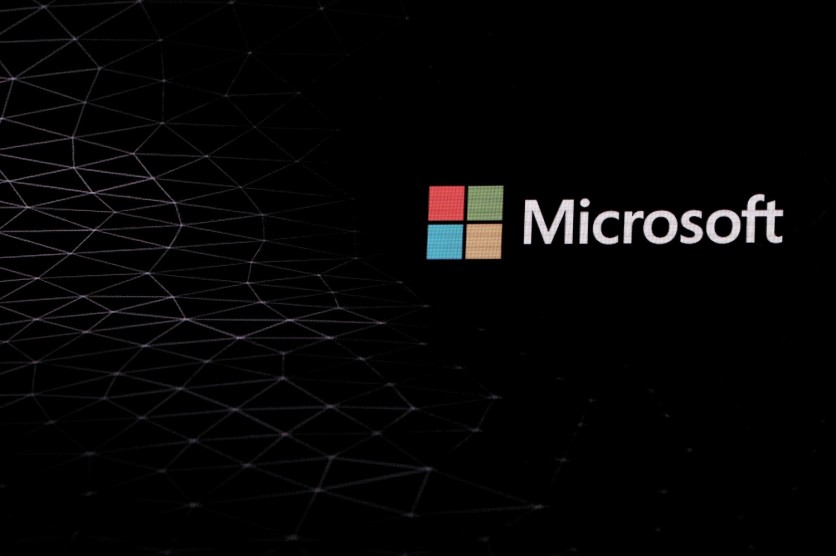
Tech giants G.E. Healthcare and Microsoft team up to provide health systems with a free COVID-19 patient monitoring software.

READ ALSO : New Coronavirus Mutation Strain Found Which Could Potentially Hinder COVID-19 Vaccine Development
G.E. Healthcare originally planned to launch its Mural Virtual Care Solution at the supposed Healthcare Information and Management Systems Society meeting in March. However, as the event was canceled due to the COVID-19 pandemic, G.E. Healthcare then opted to redesign the software. It aims to distribute the software quickly to hospitals using Microsoft's Azure Cloud.
Mural Virtual Care Solution provides a cloud-based central hub that allows hospital staff to monitor patients in intensive care units, including those using medical ventilation. It combines data from different systems into a single pane.
Mural provides a "real-time, comprehensive view of patients' status across a selected care area, hospital, or entire health system." Thus, the medical staff could attend to the patients with timely and amenable care "by digitizing hospital defined protocols, care pathways, and Early Warning Scores (EWS)."
Upon providing proper triage management, Mural can help identify the patients who need urgent care or require ventilators. This aids in providing proper attention and reduce intervention time.
According to a company statement, a Mural installation can simultaneously monitor a 100-bed, multi-site ICU network with only three senior nurses and two intensivists manning the setups. It then collects and integrates real-time data from existing patient monitoring systems, ventilators, electronic medical records, labs, and other diagnostics into a single monitoring system.
Aside from the installation costs, G.E. Healthcare and Microsoft are waiving all other costs until January 2021.
Mural protects frontliners as well.
Microsoft's Chief Global Medical Officer Dr. David Rhew claims remote monitoring tools could limit the hospital staff's exposure to infected patients and help conserve personal protective equipment, which hospitals now lack. "It is a great way for us to more efficiently monitor," says Rhew.
"It is imperative that I and my fellow healthcare workers use virtual ICU technology to safely monitor and care for our sickest patients while preserving PPE," said Matthias Merkel, M.D., Ph.D. in a statement about the COVID-19 surge.
Dr. Merkel is Oregon Health & Science University Hospital's Chief Medical Capacity Officer, Vice-Chair of Critical Care Medicine, and Professor of Anesthesiology and Perioperative Medicine.
"Remaining closely connected and supported through technology enables us to progress our patients' care across a geographic distance," he adds.
As of Wednesday, 128,071 people worldwide have died of COVID-19, as the total cases passed the 2 million mark globally. The United States has reported the most cases and deaths with over 600,000 confirmed cases and 26,000 deaths from the virus.
Health experts claim that the lack of personal protection equipment in hospitals proves that the U.S. is not yet prepared to handle the coronavirus pandemic. The domestic production of gowns, masks, and gloves continuously decline over the years. Instead, the country heavily relied on importing these things from abroad.
This prompts people to create their own PPEs, masks, and face-shields. Various organizations, companies, and even individuals chip in to alleviate the shortage, instead of relying on the government supply.
ⓒ 2026 TECHTIMES.com All rights reserved. Do not reproduce without permission.




